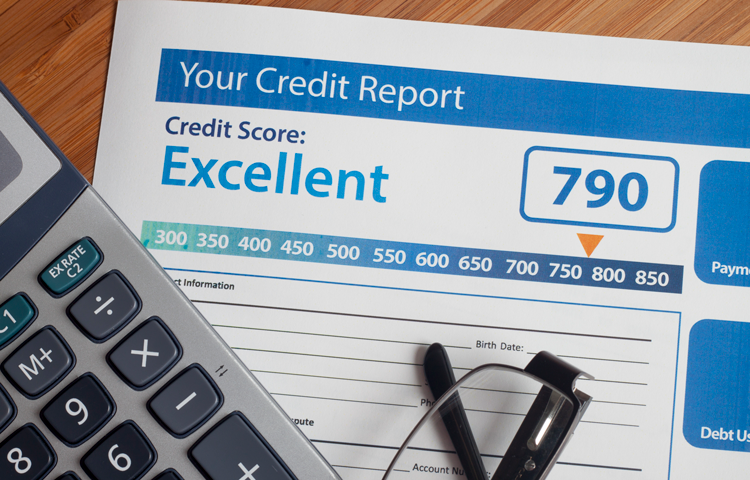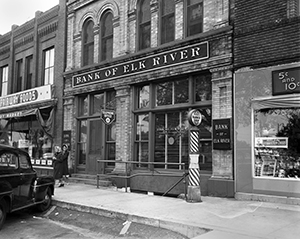Tips to Build Positive Credit
A good credit score and stable credit history are critical components of financial well-being. When the time comes to purchase a home or vehicle, finance your education, or even apply for employment in certain industries, your creditworthiness matters. But what if you haven’t yet established credit, or your current credit situation is less than ideal? We’ve put together some tips to help you build positive credit.
KNOW YOUR NUMBER
A credit score shows lenders how responsible you are when paying off debt. Lenders use the number to make approval decisions and determine terms and interest rates of potential loans. Most commonly used are FICO® credit scores, provided by the three major credit reporting agencies in the U.S.: Equifax®, Experian®, and TransUnion®. A credit score is based on criteria that includes current debt, payment history, the mix of credit, and more.
The first step to either establish or repair your credit is to know this number, which can change frequently based on your credit activity. A credit report contains detailed information about your credit history, including all past and current accounts and loans. Credit scores and reports are available through:
- Credit card or loan statements – Some major credit card and auto loan companies provide credit scores on monthly statements or via online account. Check with your lender or credit card company.
- Credit score services – Numerous online credit score services offer access to your score. While many advertise this service as “free,” you may be required to sign up for a monthly credit monitoring subscription or other product. Be sure to read the fine print before you utilize these or similar services.
- Request your credit report – You can request your credit report from the three major credit reporting bureaus once per year at no charge. This report does not include your score. Equifax, Experian, and TransUnion also sell credit scores and credit reports directly. The website myFICO.com offers both one-time products and subscription plans for tracking your credit.
- Nonprofit credit counselors – Credit counseling organizations, such as LSS Financial Counseling, can assist you in requesting and understanding your credit report. These organizations may also offer additional debt reduction and credit improvement services. Visit the Minnesota Department of Commerce website to learn more about reputable credit counseling services.
Once you’ve received your credit report(s), review them carefully for any errors, which can reduce your score.
GET ORGANIZED
If your credit score has declined because of late or missed payments, spend some time getting organized. Make a list of credit card, loan, and other payments (including utilities and cell phones), then set electronic reminders or write them in a planner. Always pay at least the minimum payment. Be aware of and account for how long it will take for a payment to arrive if you mail a check or use online bill pay through your bank. Take it one step further and create a plan for paying down debt. You can’t miss a payment when a credit card has a zero balance.
SPEND RESPONSIBLY
After you receive a brand-new credit card in the mail, it can be tempting to buy that new living room set you’ve had your eye on or book a weekend getaway. But don’t go on a spending spree. Spend responsibly and charge only what you can afford to pay off with your statement. If you do carry a balance, keep it at 30 percent or less of the available credit. Apply for credit only if you absolutely need it. If you have limited or no credit history, you can build history responsibly with retail store or secured credit cards.
KEEP OLDER ACCOUNTS OPEN
Keep your older accounts open even after you’ve paid off the balance. These accounts add to your credit age, which positively impacts your overall credit history. If you do close accounts, they may remain on your credit report for several years before they drop off.
START TODAY
Don’t wait to start building positive credit. Even small actions, like missing a payment due date, impact your credit score. Start today.
For more information about credit history and how to build positive credit, visit the Consumer Financial Protection Bureau, a government agency that provides information, steps, and tools to help consumers make smart financial decisions. The Bank of Elk River also offers resources and articles about credit, debt reduction, and budgeting in the Practical Money Skills section of our website.
In addition to personal banking services such as checking and savings accounts, The Bank of Elk River provides a variety of loans and personal credit cards, including a secured credit card for individuals starting or reestablishing their credit history. Contact us today.
Categories:


